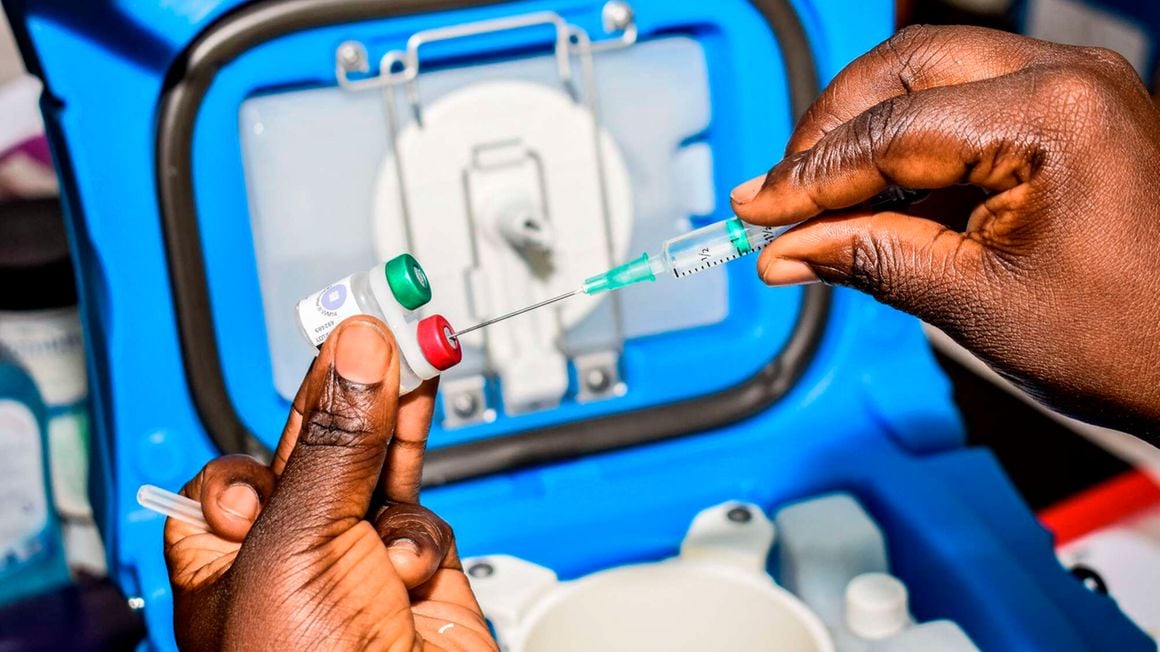Most packaged foods in Kenya need health warning labels - report

In Kenya, the sale of processed packaged foods surged by 16 per cent between 2018 and 2023. Over the same period, obesity rates have tripled since 2000, with 45 per cent of adult women and 19 per cent of men now classified as overweight or obese.
Most packaged food and beverage items sold in Kenya, whether by domestic or international companies, would be flagged with health warnings under the government's newly launched nutrient profile model, a new report has revealed.
Kenya introduced the model in June to tackle the growing impact of diet-related non-communicable diseases (NCDs) by setting specific limits on sodium, sugar, and saturated fat, nutrients closely linked to conditions such as heart disease, diabetes and high blood pressure.
More To Read
- Convenient but dangerous: The hidden health risks of ultra-processed foods
- Artificial sweeteners linked to higher diabetes risk, study finds
- Two weeks without sugar: What I learned about my body, culture and cravings
- Rising deaths among youth threaten global life expectancy gains, new study shows
- Paracetamol and vaccines not linked to autism, says WHO
- WHO warns global fight against non-communicable diseases is stalling
To support its rollout, the Ministry of Health outlined a series of policy and regulatory actions, including curbing the promotion of unhealthy foods to children, introducing taxes to reduce sugary drink consumption and requiring clear front-of-pack labelling to warn consumers about unhealthy products.
According to the report from Access to Nutrition Initiative (ATNI), about 90 per cent of products sold in Kenya from companies such as Coca-Cola, Nestlé, Brookside Dairy Ltd, and Manji Foods Industries exceed recommended limits for sugar, salt, or saturated fats under the new model.
The report analysed 746 packaged food and drink products from the 30 biggest food and beverage companies operating in Kenya, representing approximately 57 per cent of the country's formal packaged goods market.
According to ATNI, when evaluated using global systems like Nutri-Score, which also factors in beneficial nutrients, nearly two-thirds of these items would still be classified as unhealthy.
"Kenya is at this tipping point where they could follow in the paths of countries like the US, where we are seeing high levels of obesity and overweight, or they could act now to try to prevent that," ATNI's Head of Policy, Katherine Pittore, said.
ATNI also highlighted that more than two-thirds of fortified products, such as flavoured yoghurts and sweet biscuits that are enhanced with vitamins and minerals, still fail to meet health standards based on nutrient profiles.
While ATNI has analysed product nutrition levels in countries including the US and India, this study, alongside one conducted in Tanzania, is the organisation's first detailed look at the African continent.
The group previously found that leading global food brands tend to sell less nutritious products in low-income countries compared to those in wealthier nations.
ATNI has emphasised the importance of expanding its monitoring efforts to Africa, where changing dietary habits and a rise in non-communicable diseases, such as obesity and diabetes, are becoming increasingly concerning.
In Kenya alone, the sale of processed packaged foods surged by 16 per cent between 2018 and 2023. Over the same period, obesity rates have tripled since 2000, with 45 per cent of adult women and 19 per cent of men now classified as overweight or obese.
Top Stories Today
Reader Comments
Trending
















































